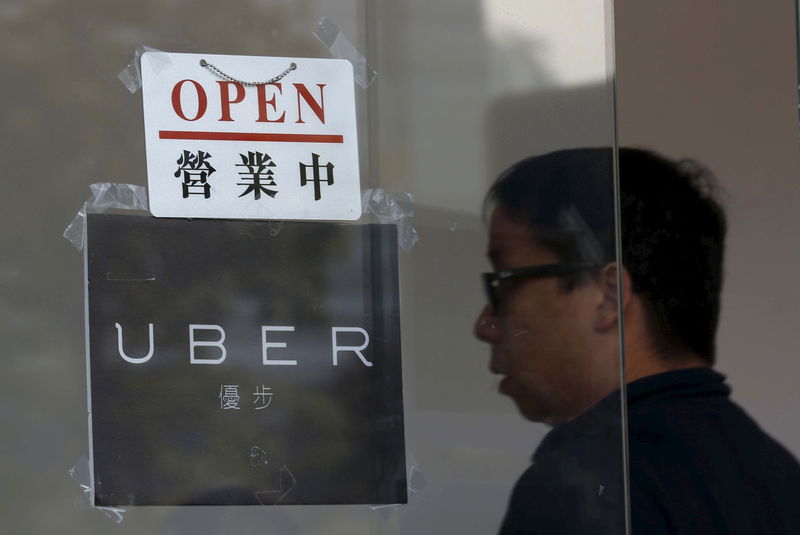This post was originally published on this site
https://i-invdn-com.investing.com/trkd-images/LYNXMPEJ570K9_L.jpg
MADRID (Reuters) – The Court of Justice of the European Union rejected on Thursday rules set by the city of Barcelona that dramatically restrict the number of cars working with ride-hailing apps such as Uber (NYSE:UBER).
Barcelona had introduced a series of rules intended to reduce the number of drivers of private cars transporting passengers hired through mobile platforms and fleet owners to protect the interests of taxi services.
But the EU’s top court said the justification for the restrictions is contrary to EU law, according to a document sent by the Court.
Restrictions to such businesses can only be imposed to benefit general interests such as the protection of the environment and avoidance of excessive traffic, and not discriminate against specific providers, the court said.
Catalonia’s high court will now need to order the city to comply with the EU’s ruling.
The EU’s ruling could set a precedent for other areas where restrictions have been applied, Jose Manuel Berzal, the spokesman of UNAUTO-VTC, an association of passenger car owners in Spain who work with Uber, its local competitor Cabify and Bolt.
Other regions of Spain such as Balearic Islands and Valencia have similar restrictions and fleet owners have taken legal action there too, he said.
Janet Sanz, Barcelona’s urban policy chief, said the ruling “clarifies” how the city has to regulate the business.
The restrictions in Barcelona set a limit to the number of licenses available to private cars transporting passengers to one-thirtieth of the number of taxis. Regulators will now set the number of licenses according to passenger needs, Berzal said.
Mayor Ada Colau, whose administration set the restrictions, lost her re-election bid on May 28, and a new mayor is still to be picked.
Bolt said the ruling will help end the conflicts that have dogged the business over the past ten years and will provide a fair, stable and transparent legal framework for all parties. Uber and Cabify declined to comment.
The enforcement of the restrictions late last year pushed many self-employed drivers and fleet owners in Barcelona out of business.
“It’s a great day for us,” said Dayana Barrera, who owns a small fleet of cars in Barcelona and was forced to sell some of her cars. “Thousands of families depend on the business.”

